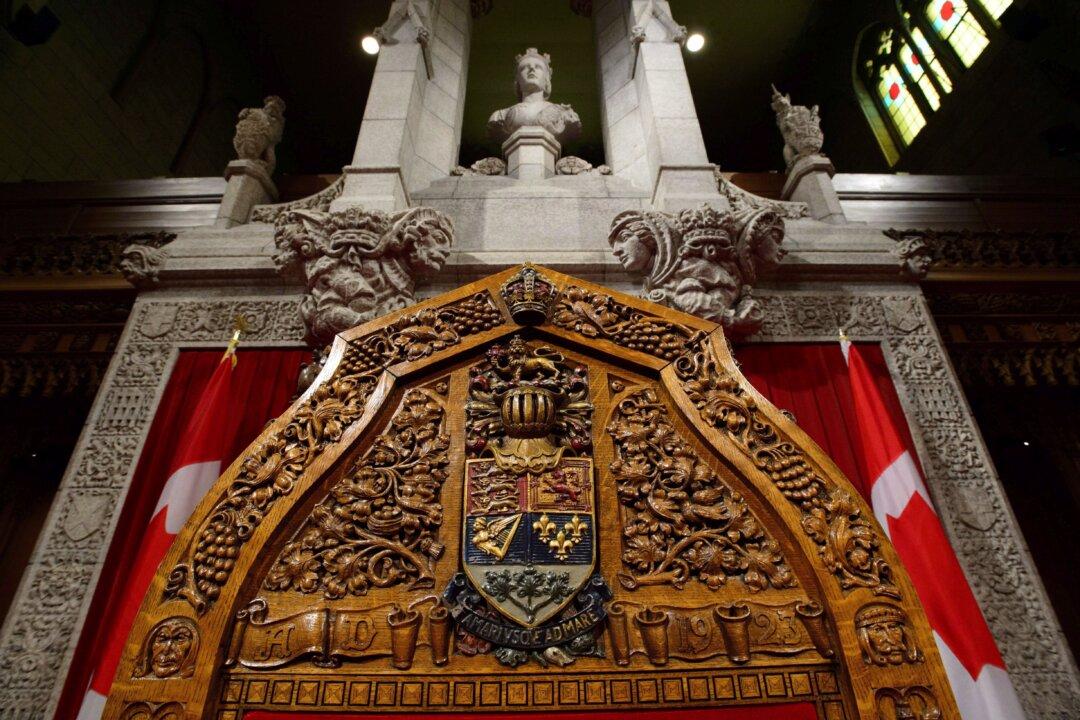Commentary
Most democracies function under a bicameral legislative system meaning legislation must pass through the scrutiny of multiple houses before it can become law. While imperfect, those systems often work well in addressing regional differences within nations to reach a balance in policy formulation. In Canada, our Senate is ostensibly supposed to serve as a house of “sober second thought” and offer a less partisan level of scrutiny on government bills.





